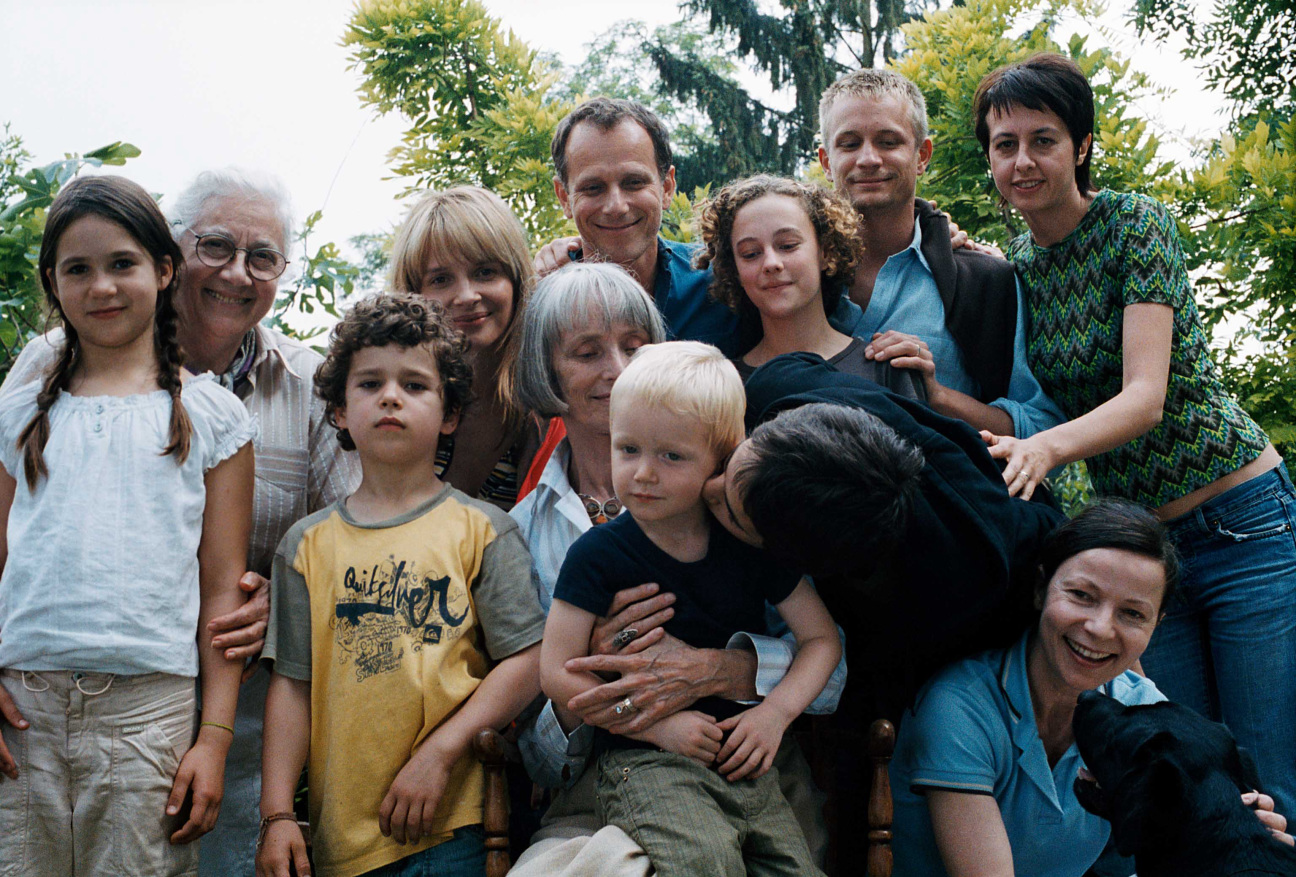
A little over a year ago, I found myself wandering the beautiful chaos of Paris’s Marché aux Puces de Saint-Ouen—a garage-like maze of mid-century design, chrome and orange flourishes, teak tables and chairs, and catch-all dishes on every surface. I was in search of stuff—the kind that would adorn the French villa where my debut film, a contemporary adaptation of Françoise Sagan’s Bonjour Tristesse, is set.
I was accompanied by my production designer, François-Renaud Labarthe, an artist whose work has, over the years, influenced me greatly. He is a master of just-so clutter, of building rich worlds with everyday charm. A desk must have piles, a bookshelf must have sun-faded spines, a summer movie must have al fresco dining.
This brings me to Olivier Assayas’s Summer Hours, one of my favorite movies, brought to life in part by Labarthe. The 2008 film, which is about memory and loss following the death of a family’s matriarch, delicately captures intergenerational conflict—not with dramatic strokes, but with a meditative touch that exposes sentimentality’s hold on our relationship to time.
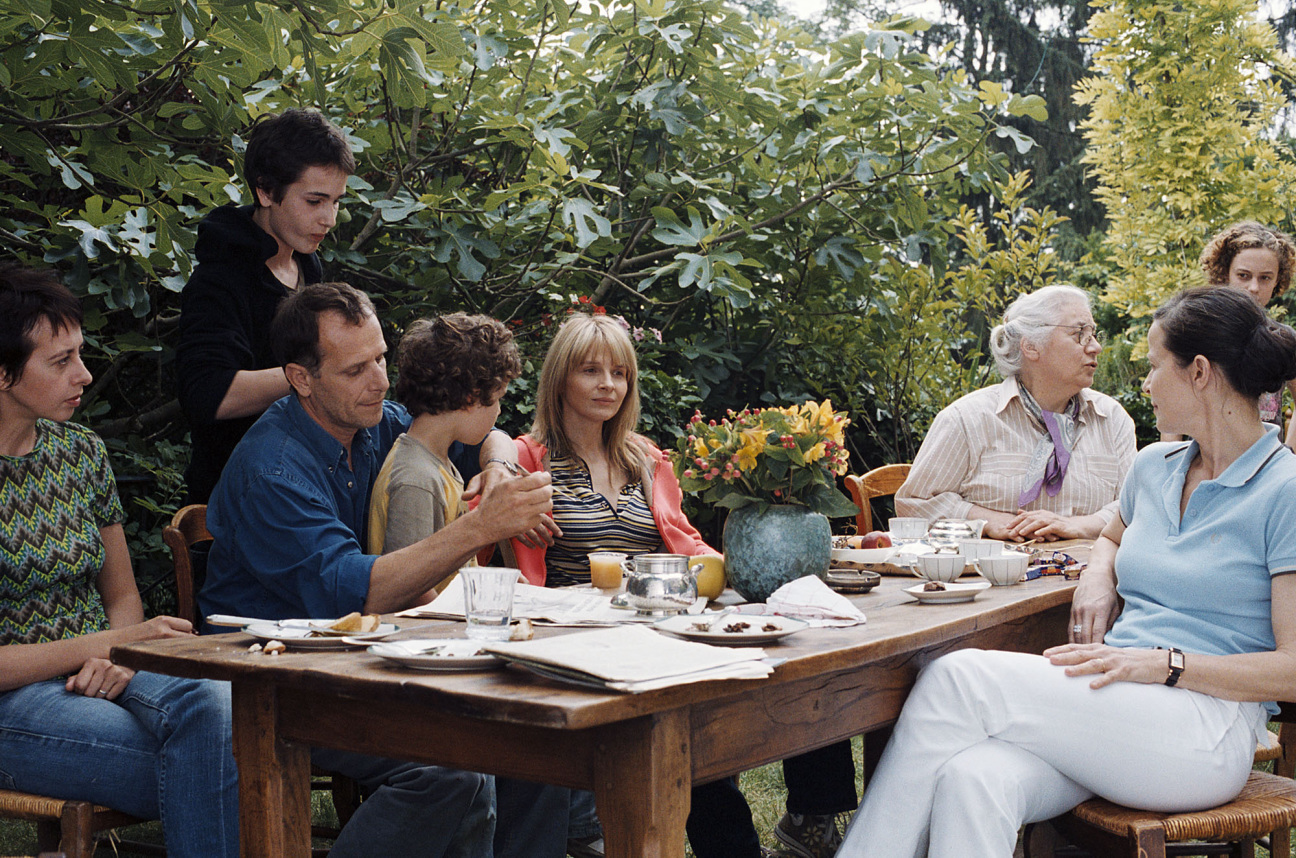
When I think of Summer Hours, I see the color green, almost garish in the midday light. I see a lonesome blue prior to nightfall. I see the doors left open to accommodate a breeze. I see the large silver-leaf serving plate Juliette Binoche admires in one of the movie’s most tender moments. I see teenage grandchildren occupying a crumbling country house one last time.
I hear the names “Louis Majorelle” and “Josef Hoffmann,” designers whose furniture plays a significant role in the movie—as vehicles, as metaphors. I see a family’s future neglecting its past, and how summer’s glare accelerates the fading process while reviving old secrets and ghosts.
Summer, I feel, is best enjoyed in the dark. By virtue of sheer contrast, the season blooms in a movie theater—growing wild, tangling itself into our imagination as something fresh and bittersweet. The movie ends. You leave the theater, forced to squint.

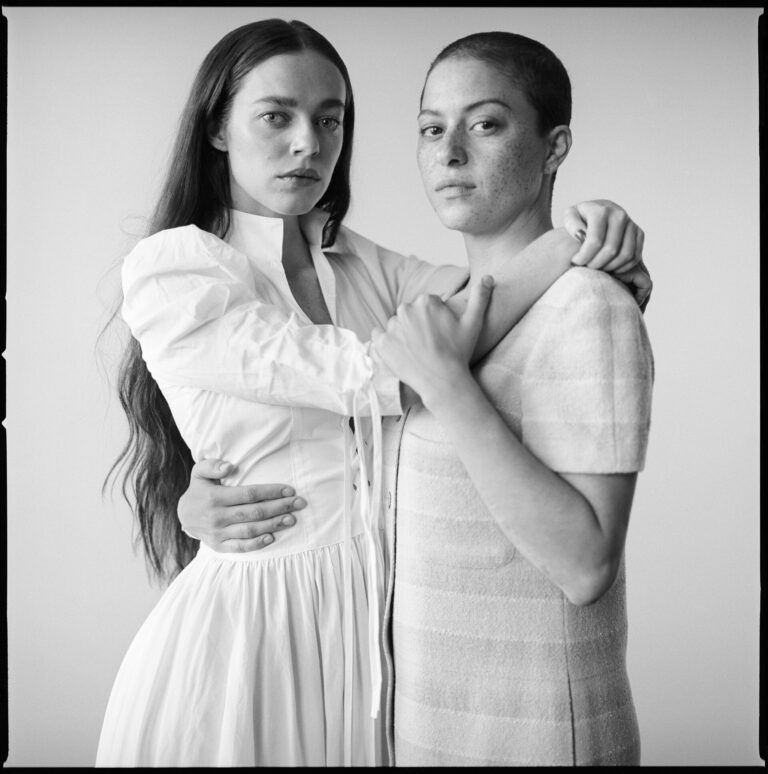
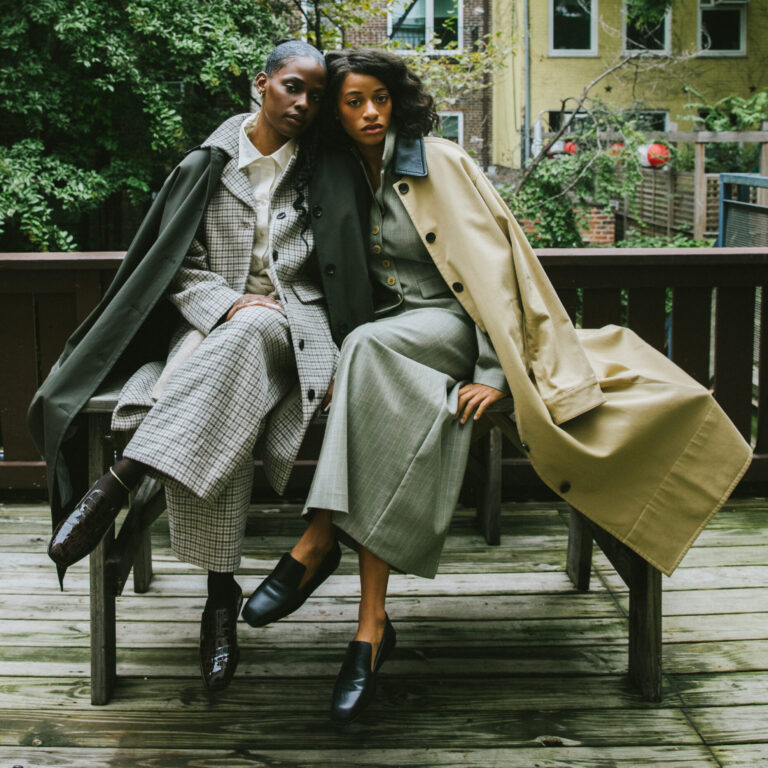
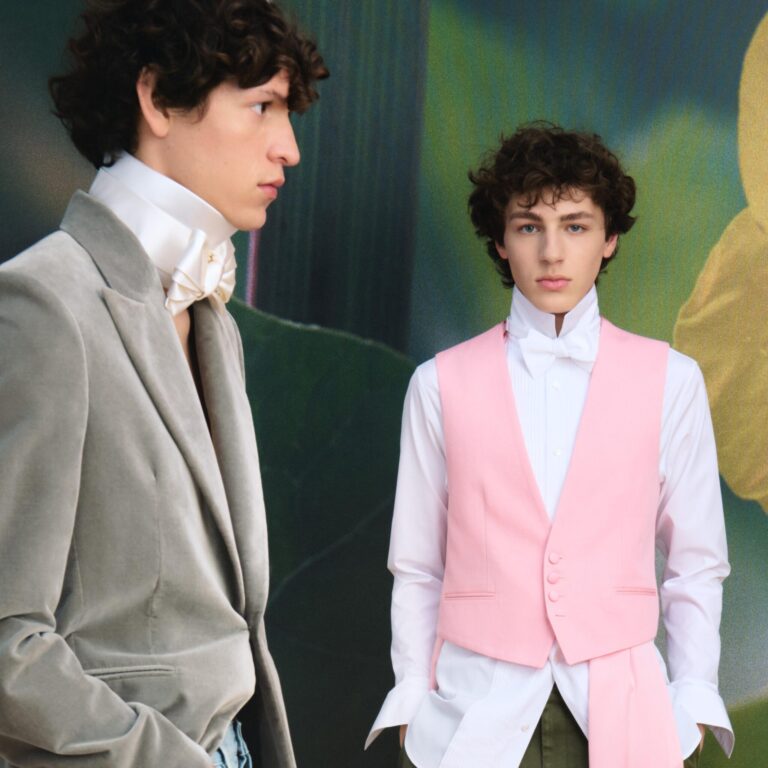
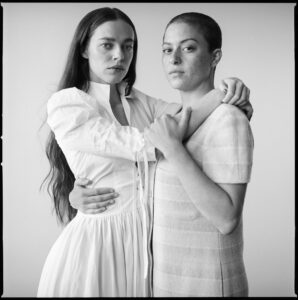
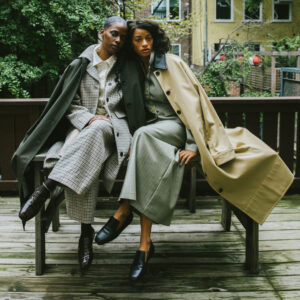
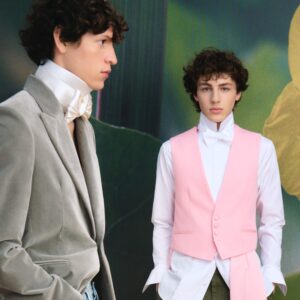



 in your life?
in your life?

